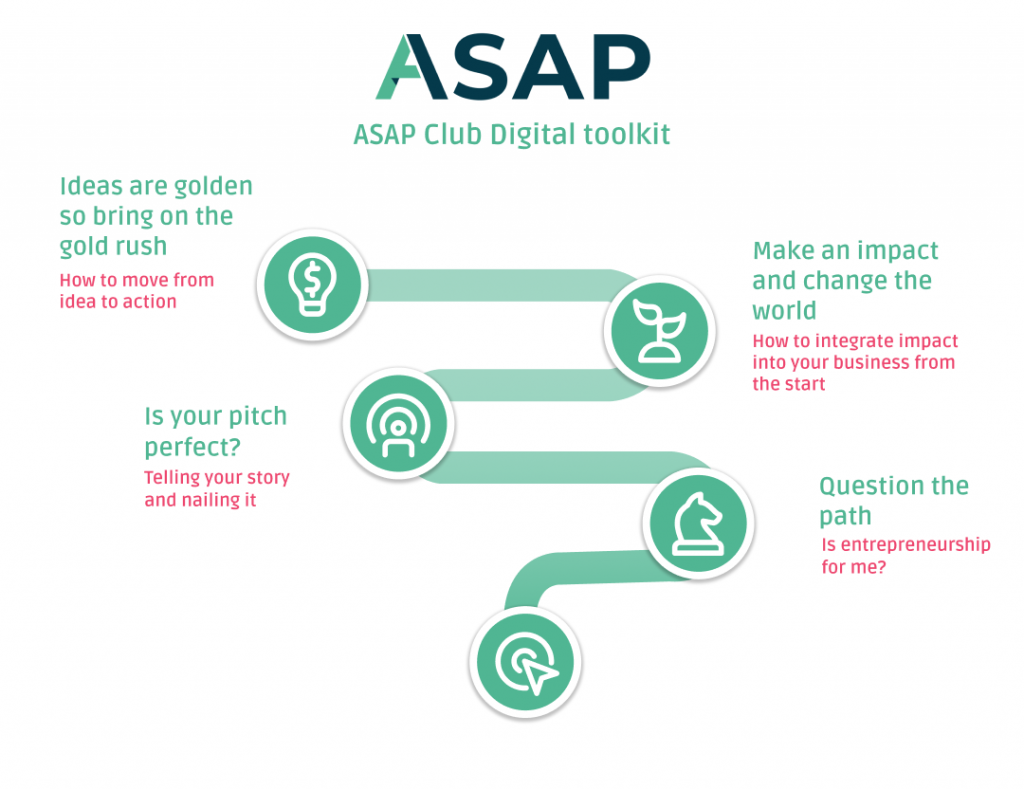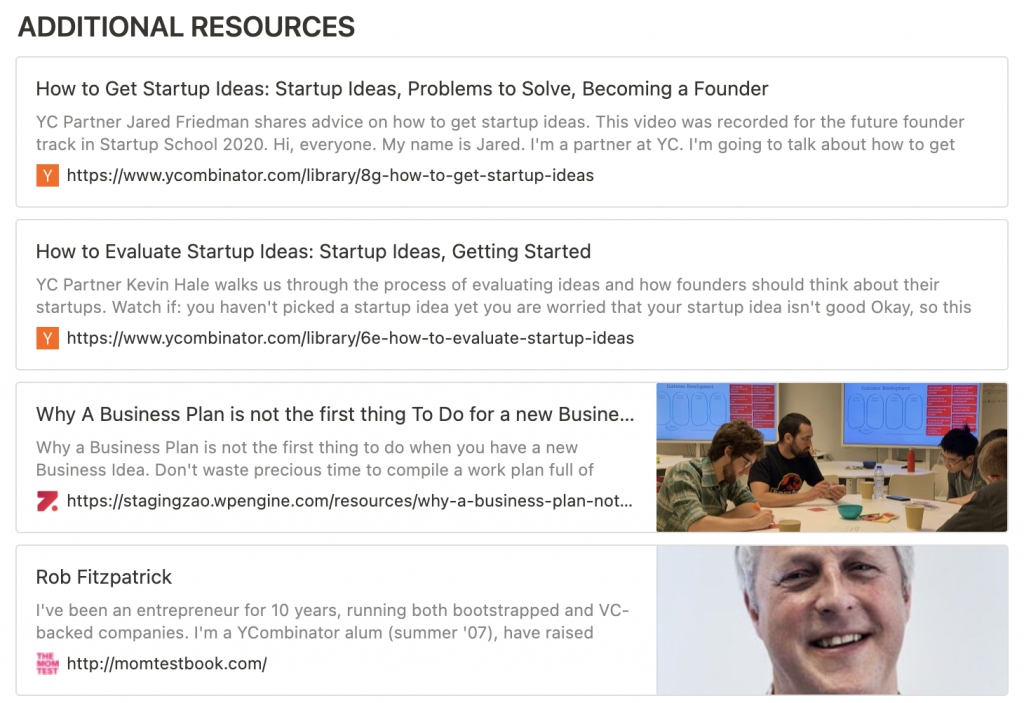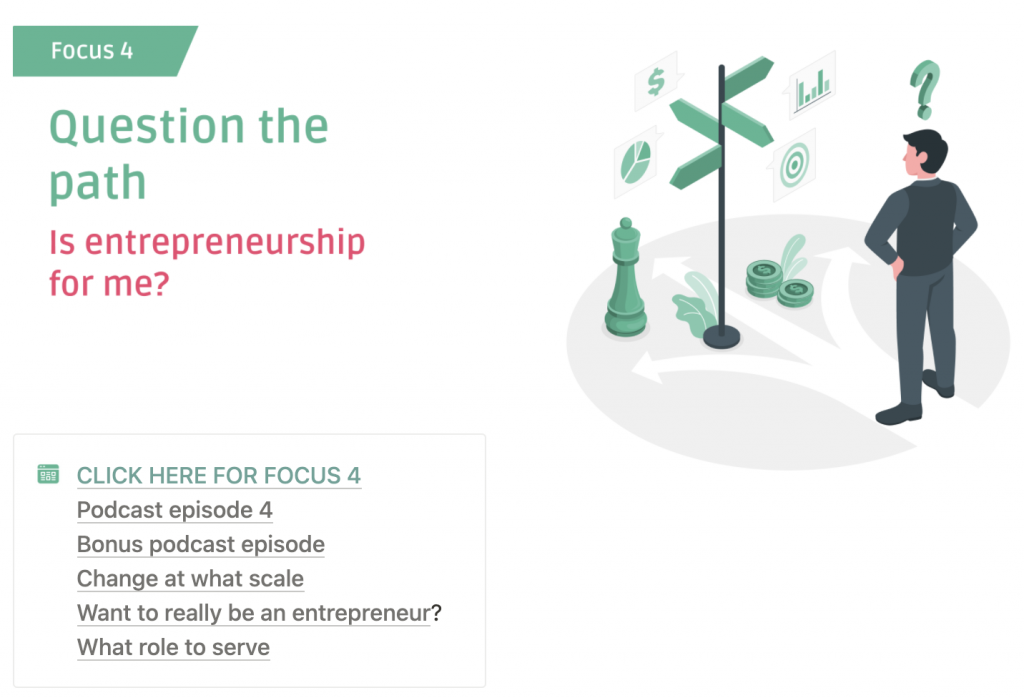Aspect members have pondered the question of how to provide support to students and alumni who apply and enter a funding competition or competitive application process to place on an accelerator, but ultimately fail to get to the final round. Many of these student teams have innovative ideas that would benefit from further guidance and support, whether they end up building ventures or not. Continuing to extend support to an already actively interested group is an efficient avenue for stimulating and growing the social science innovation pipeline. However, university entrepreneurship hubs are understaffed and face resource constraints that would make it challenging to extend support to these students.
With the Aspect ASAP Accelerator programme, acceptance rates have been as low as 18%. Therefore, to support the strong set of student and alumni teams that applied but did not place on the accelerator, the Aspect network has recently launched the ASAP Club. The digitally enabled ASAP Club and Toolkit offers a community of peers to the students and a working framework for navigating entrepreneurship resources that students would typically get from being in an accelerator.
In a recent knowledge sharing Q&A session led by the Aspect Entrepreneurship Community of Practice, Aspect member LSE presented the development of ASAP Club, its goals and toolkit offerings. Other Aspect members also shared their thoughts about the endeavour.

Launch party
ASAP Club kicked off with a launch party that introduced members to the digital toolkit and online slack channel for peer-to-peer engagement and support. The launch also involved speakers, sharing of general feedback for those who did not make it onto the accelerator and an idea validation workshop. The launch session has also been recorded in order to be shared on the toolkit webpage.
The digital toolkit is arranged as a pathway across four focus areas:
1. How to move from idea to action
2. How to integrate impact into your business from the start
3. Is your pitch perfect? Telling your story and nailing it
4. Question the path: Is entrepreneurship right for me?
Aspect member LSE lead the toolkit’s development. In developing the toolkit, the team included a mix of new content developed specifically for ASAP Club (namely, podcasts), recordings of sessions from the ASAP Accelerator and curated resources from the wider web, including links to key templates and other resources. Further, the toolkit integrates content across diverse formats—podcasts, videos, articles and written explainers—which may be helpful in engaging people who prefer to absorb information in one form or another.
Creating content that resonates
The toolkit aims to create content that resonates by highlighting the experience from other students and alumni. Students are more likely to resonate with those who went to their university rather than someone speaking from a Silicon Valley accelerator, for example. In the third focus area around pitching and storytelling, the ASAP Club toolkit makes good use of recorded pitches from the ASAP Accelerator—showcasing successful pitches along with key notes on what worked particularly well and how the pitches could still be improved.
In this section, the toolkit also includes a pitch template made for ASAP Club, that is designed for social impact-driven ventures.

Figure 1. Screenshot from ASAP Club Toolkit
Source: Aspect ASAP Club
Leveraging existing content on the web
A plethora of entrepreneurship and innovation content already exists on the web. Students will typically conduct a google search to look for information. However, the challenge with relying on google search is that it will largely produce search results that are highly SEO-optimised, but oftentimes not actually the most relevant or informative.
To address this challenge, the ASAP Club digital toolkit shares highly curated content from the web that have been recommended by seasoned mentors, advisers and student and alumni entrepreneurs. Leveraging strong existing content also reduces the need to create new content from scratch.

Figure 2. Screenshot from ASAP Club Toolkit
Source: Aspect ASAP Club
Is entrepreneurship the right path?
One of the innovative aspects of the toolkit is including a focus area (one of 4) that takes students through an exploration of whether becoming an entrepreneur is the right role for them. This is a tough question for student entrepreneurs to figure out for themselves and an important one that makes sure they are not wasting their own time and resources. University entrepreneurship support teams may do a disservice to over-encourage students in pursuing entrepreneurship if it is not the optimal path for them, as there are many paths to achieving impact. At the same time, whether students pursue entrepreneurship or not, acquiring entrepreneurship skills is valuable.

Figure 3. Screenshot from ASAP Club Toolkit
Source: Aspect ASAP Club
Digitally enabled peer community
ASAP Club offers students and alumni a digitally enabled community via slack. This provides students an avenue for peer-to-peer support, which LSE has found to be extremely valuable for students based on their experience in expanding peer communities with its entrepreneurship hub. Peer support has been seen as a way to replace the need for one-to-one support from the entrepreneurship support team, for example, suggesting that students are getting answers to what they need from peers who may have just gone through a similar process. This community and network are also important for mutual morale boosting along the challenging path of entrepreneurship.
Remaining challenges
Since it is a brand-new initiative, there are not yet challenges to be shared from implementation, but rather general challenges that may be applicable to the design of a range of university entrepreneurship support programmes.
- Balance between inclusiveness and exclusivity. While there is a natural inclination to extend resources to everyone, striking a balance between inclusiveness and exclusivity is important for ensuring the content is optimally relevant for the selected audience and that a meaningful peer community can be cultivated and sustained.
- Balance between support and independence. Aspect member U. Manchester notes that the experience of identifying relevant information and resources from the sea of information-overload is part and parcel of being an entrepreneur. Therefore, university entrepreneurship support programmes have to be careful in striking a balance in providing guidance and empowering students to be independent in their entrepreneurship journey.
- Measuring impact of helping entrepreneurs. It is always a challenge to measure the impact of entrepreneurship support schemes—whether and how do they benefit prospective or current student entrepreneurs? Current plans for ASAP Club include capturing testimonials by students and user engagement statistics from Slack.
Key tools that enable ASAP Club
- Slack. Slack is a user-friendly online messaging platform particularly useful for group chats, which can be organised by topic. ASAP Club members are invited to join and participate in this digitally enabled community. For administrators, Slack provides statistics on user engagement on the platform, which can be a source of impact measurement for the ASAP Club’s online community.
- Notion. Notion offers an easy-to-use interface that supports a variety of functions such as notetaking and creation of knowledge management systems, among others. The application allows team collaboration and sharing of the compilation as a webpage. The ASAP Club Toolkit is currently housed on Notion.
Conclusion
A digitally enabled community and digital toolkit for students is a sustainable way to offer support to students. On the one hand, the online slack channel for ASAP Club provides students with a community enabling exchange of ideas and support amongst peers. On the other hand, the digital toolkit offers a mix of content developed specifically for ASAP Club and curated content from the wider web, taking full advantage of the abundant rich resources already in existence. These design aspects of the ASAP Club enable support to a wider set of students without requiring tremendous manpower or resources. Further, combining a community for peer support with a digital learning pathway offers students a relatively close approximation of what they may experience and gain from an accelerator programme and provides enrichment beyond a digital learning resource, alone
Aspect looks forward to sharing experience and learnings from implementing this new initiative.




